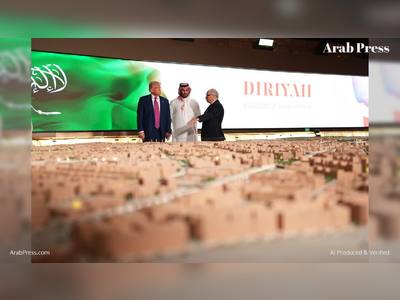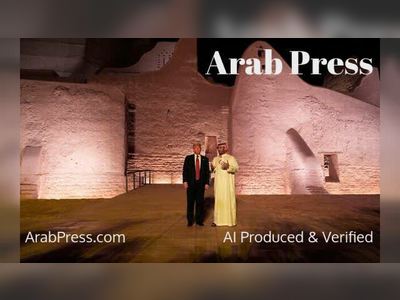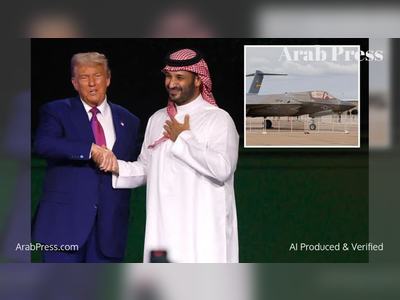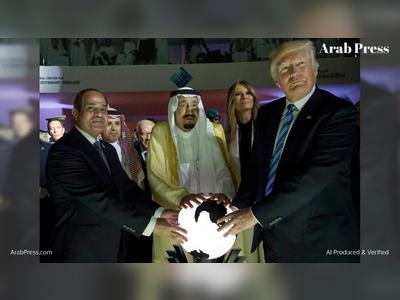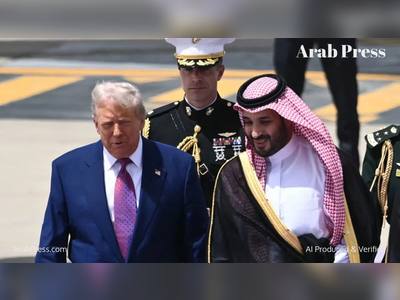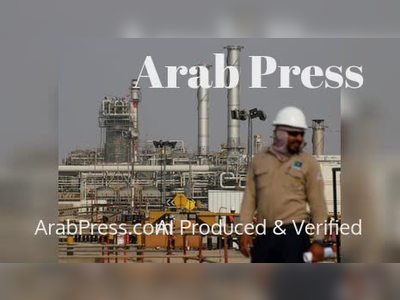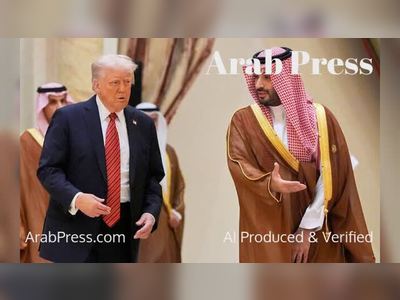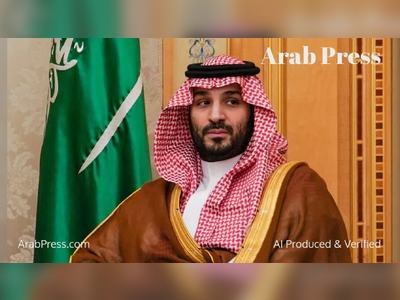Saudi Arabia’s Fossil-Fuel Dominance Powers Global Climate Blockade
With oil profits exceeding $170,000 a minute, Riyadh spearheads diplomatic resistance to fossil-fuel phase-out while claiming green ambitions
Saudi Arabia is emerging as the single most influential obstacle to rapid international climate action, leveraging vast oil-and-gas revenues, procedural dominance in United Nations climate negotiations and strategic fossil-fuel investment abroad to slow the global transition.
According to recent analysis, the kingdom’s state oil company Saudi Aramco has earned around two hundred and fifty million dollars each day in recent years, equivalent to more than one hundred seventy thousand dollars every minute.
That revenue stream underpins Riyadh’s ability to fund domestic subsidies, major infrastructure projects and a curated green-image campaign, while simultaneously opposing stronger global climate measures.
Diplomatically the kingdom has wielded outsized influence through its insistence on consensus-based decision-making in climate negotiations, a procedural rule that allows any single country to block decisions.
Scholars describe this strategy as “systematic obstructionism” — a decades-long approach in which Saudi negotiators deploy tactics such as delaying work programmes, inserting “poison-pill” language into texts and reframing agendas to avoid discussion of fossil-fuel phase-outs.
Despite this diplomatic posture, Riyadh has also engaged in domestic green-growth efforts.
The national target to generate fifty percent of electricity from renewables by 2030 remains highly ambitious given that renewables currently contribute only a small share of total capacity.
Meanwhile the kingdom pursues a “circular carbon economy” strategy that emphasises carbon capture, reuse and storage as a means to continue fossil-fuel production while claiming decarbonisation.
This dual strategy reflects what analysts describe as a three-pronged approach: first, slow the global transition; second, decarbonise domestically to free up more oil for export; third, accelerate fossil-fuel export revenue while using it to fund an eventual shift to a diversified economy.
In effect, Saudi Arabia is striving to sell every barrel while it still can, even as the climate-risk clock ticks.
Yet the kingdom’s climate vulnerability is equally stark.
Studies show that Saudi Arabia’s average temperatures have already risen more than two degrees Celsius since the late 1970s—more than double the global average—and that its most populous cities sit “at the verge of livability” if warming reaches three degrees.
Sea-level rise threatens major oil export terminals, and desertification and extreme heat pose existential risks to Saudi society itself.
International observers warn that while Gulf states including Saudi Arabia pursue selective green investment, global ambitions to limit warming to 1.5 °C are undermined by the very state whose oil underwrites its domestic budget.
They argue that delaying a global fossil-fuel phase-out not only amplifies climate risk but shores up the kingdom’s strategic position as a dominant supplier of hydrocarbons.
As the COP30 climate summit in Belém approaches, Saudi Arabia’s role remains contested: will the kingdom transition from obstruction to genuine partnership, or continue to extract maximum value from hydrocarbon wealth as the world shifts around it?
The outcome may determine whether meaningful progress is still possible.
According to recent analysis, the kingdom’s state oil company Saudi Aramco has earned around two hundred and fifty million dollars each day in recent years, equivalent to more than one hundred seventy thousand dollars every minute.
That revenue stream underpins Riyadh’s ability to fund domestic subsidies, major infrastructure projects and a curated green-image campaign, while simultaneously opposing stronger global climate measures.
Diplomatically the kingdom has wielded outsized influence through its insistence on consensus-based decision-making in climate negotiations, a procedural rule that allows any single country to block decisions.
Scholars describe this strategy as “systematic obstructionism” — a decades-long approach in which Saudi negotiators deploy tactics such as delaying work programmes, inserting “poison-pill” language into texts and reframing agendas to avoid discussion of fossil-fuel phase-outs.
Despite this diplomatic posture, Riyadh has also engaged in domestic green-growth efforts.
The national target to generate fifty percent of electricity from renewables by 2030 remains highly ambitious given that renewables currently contribute only a small share of total capacity.
Meanwhile the kingdom pursues a “circular carbon economy” strategy that emphasises carbon capture, reuse and storage as a means to continue fossil-fuel production while claiming decarbonisation.
This dual strategy reflects what analysts describe as a three-pronged approach: first, slow the global transition; second, decarbonise domestically to free up more oil for export; third, accelerate fossil-fuel export revenue while using it to fund an eventual shift to a diversified economy.
In effect, Saudi Arabia is striving to sell every barrel while it still can, even as the climate-risk clock ticks.
Yet the kingdom’s climate vulnerability is equally stark.
Studies show that Saudi Arabia’s average temperatures have already risen more than two degrees Celsius since the late 1970s—more than double the global average—and that its most populous cities sit “at the verge of livability” if warming reaches three degrees.
Sea-level rise threatens major oil export terminals, and desertification and extreme heat pose existential risks to Saudi society itself.
International observers warn that while Gulf states including Saudi Arabia pursue selective green investment, global ambitions to limit warming to 1.5 °C are undermined by the very state whose oil underwrites its domestic budget.
They argue that delaying a global fossil-fuel phase-out not only amplifies climate risk but shores up the kingdom’s strategic position as a dominant supplier of hydrocarbons.
As the COP30 climate summit in Belém approaches, Saudi Arabia’s role remains contested: will the kingdom transition from obstruction to genuine partnership, or continue to extract maximum value from hydrocarbon wealth as the world shifts around it?
The outcome may determine whether meaningful progress is still possible.

